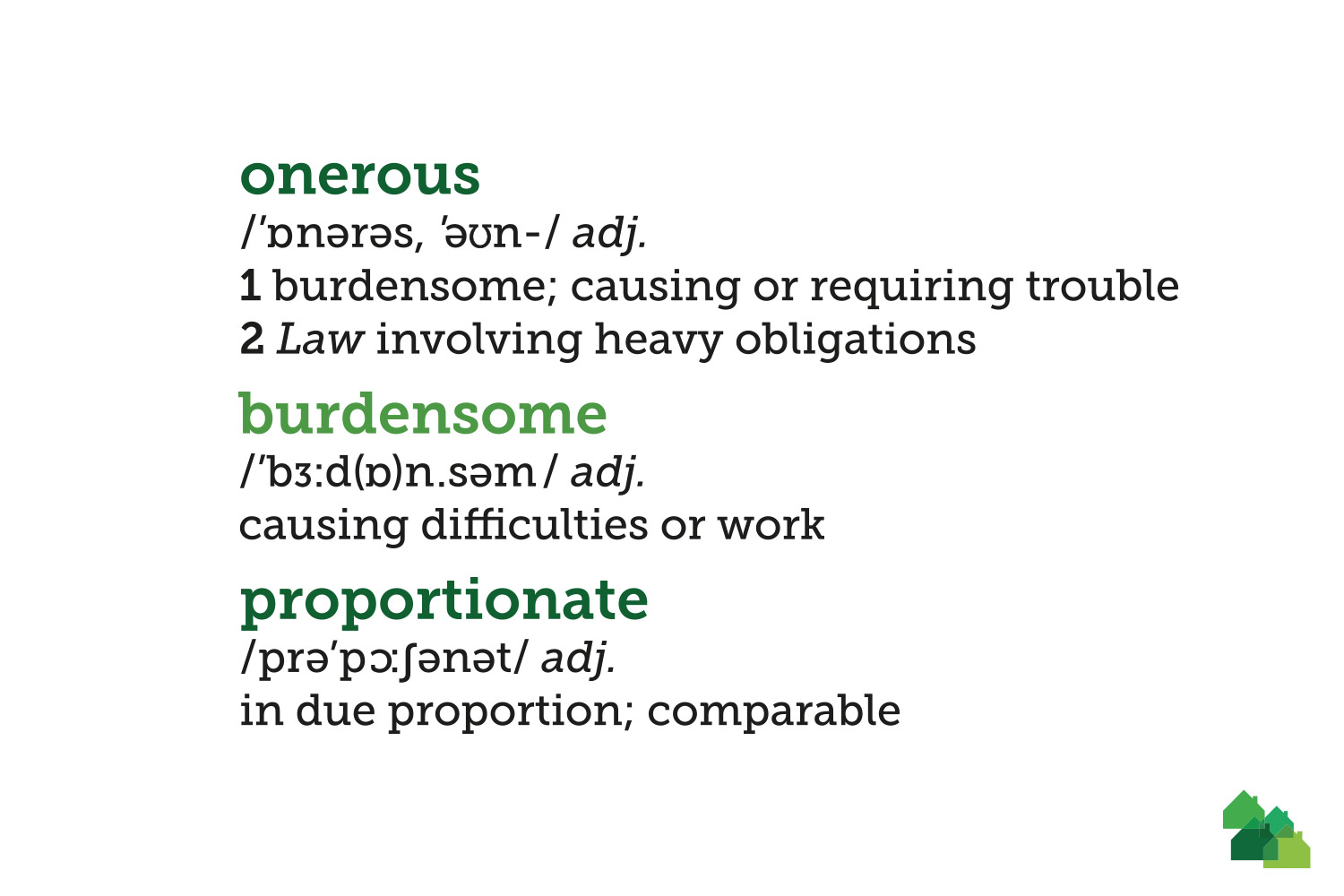This morning, the Cabinet Secretary for Social Justice, Housing and Local Government Shona Robison has written to the Scottish Government’s Local Government, Housing and Planning Committee setting out changes to their short-term let licensing legislation and guidance. The changes to licensing will be in the following areas:
- Removing overprovision powers
- Simplifying publicity and notifications
- Adding an appeal for temporary exemptions
- Reducing public liability insurance requirements
- Focused use of inspections
- Stronger guidance on fees
- Facilitating home sharing and bed and breakfast
- Removing natural names from the public register.
It remains the intention of the Scottish Government to lay the Licensing Order before parliament in November and also publish a revised BRIA. A full copy of the Cabinet Secretary’s letter to the Committee can be accessed here:https://www.gov.scot/publications/short-term-lets-licensing-order-update-letter-from-cabinet-secretary-LGHP-committee/
As you know, the ASSC has expressed numerous concerns with the Scottish Government’s proposed regulations and significant concerns remain despite today’s announcement. This includes but is not limited to: the level of licensing fees, license duration and renewal policy, and the competency of the regulations. Taken together, the licensing scheme proposals at national level and the planning control areas at a local council level are creating a perfect storm of uncertainty for small business.
Nevertheless, we welcome the decision to remove overprovision powers from the licensing regime, as well as the Cabinet Secretary’s willingness to engage constructively with us. Regulatory discussions remain ongoing and we will continue to fight your corner with policymakers and keep you informed of the latest developments. We are extremely grateful to all those who have articulated their concerns to MSPs and we would encourage you to keep doing so.
The ASSC has always taken a proactive and responsible approach to regulation and has presented a wealth of evidence and data to the Scottish Government to help inform their proposals. We maintain that our proposals for an exemption for registered accommodation would meet the policy objectives of the Scottish Government in a more targeted, cost-effective and proportionate manner.
Small businesses will be unfairly and disproportionately impacted by short-term let licensing at a time when they can least afford it and when the country needs to focus on Covid recovery. In the weeks ahead, we want to work collaboratively with the Scottish Government and MSPs to address our outstanding concerns in order to protect livelihoods in Scotland’s £867m self-catering sector.
Fiona Campbell, the Chief Executive of the Association of Scotland’s Self-Caterers, said:
“The ASSC welcomes that the Cabinet Secretary for Housing has constructively engaged with us and is listening to our members concerns. Specifically, we endorse the decision to remove overprovision from the licensing regime, which was a duplication with planning policy. This recognises that the government’s objective with the regulations was about ensuring health and safety across all short-term lets, not addressing housing issues.”
“However, the devil is in the detail and conversations remain ongoing. A number of important industry concerns remain, most notably the disproportionate financial impact of licensing fees on small and micro tourism accommodation businesses who are still in survival mode due to the crippling effects of the pandemic.”
“We stand ready to work with the government to get the details of the legislation and guidance absolutely right. At this crucial stage of Covid recovery, we must work collaboratively to protect Scotland’s £867m self-catering industry and not burden small businesses who do so much to promote and enhance the country’s unique tourism offering and boost local economies.”
Chief executive of Scottish Land & Estates, Sarah-Jane Laing, said:
“We welcome news that the Scottish Government has taken on board the collective call of stakeholders including SLE to have a serious reassessment of its short-term lets proposals.
“We have been very concerned that an unaltered draft licensing order would have a catastrophic impact on short-term accommodation and businesses across rural Scotland.
“The fact that the Scottish Government received over 1000 consultation responses and the Local Government, Housing and Planning Committee recently launched its own consultation a month before the legislation was due to be laid before in parliament shows the strength of feeling on this issue.
“Today demonstrates that the Scottish Government is willing to listen and act on concerns. We recognise that there are real issues in some parts of the country and a proportionate response is needed, which this looks to be. As a continuing member of the short-term lets stakeholder group, we are determined to work with the Scottish Government to find a workable solution for all; a licensing order that allows proper enforcement of existing health and safety standards as well as appropriate planning policy which prioritises housing development for residential use without excessive bureaucracy and spiralling costs.
“I will be meeting the cabinet secretary later this month and I look forward to discussing these updated proposals in greater detail and ensuring they meet rural needs.”
The UK Short Term Accommodation Association, which represents many of the bigger short-let providers, said:
“The STAA welcomes the decision by the Scottish Government to reconsider some aspects of its proposed licensing regime.
“Throughout the engagement process for these proposed regulations, which has been ongoing for a number of years, we have suggested practical and pragmatic improvements to the legislation which we believe will help to strike the right balance between protecting communities and allowing legitimate businesses to operate as they have always done.
“We believe that the changes that the Scottish Government has announced today are a positive step in the right direction, although we will continue to push for further improvements for our members, including a grandfathering provision and auto-renewals of licences. We look forward to continued engagement in Scotland, to build the best set of regulations that we can for all.”
Media Coverage:
Scottish Housing News, SLE welcomes ‘proportionate response’ to short-term lets licensing concerns, 11/10/21
Letting Agent Today, Government backs away from stricter regulation of Airbnb and short lets, 11/10/21
Times, Airbnb curbs to be dropped from licensing scheme, 09/10/21
Daily Business, Airbnb controls axed from licensing scheme, 09/10/21
STV, ‘Pragmatic’ changes made to licensing for Airbnb-style lets, 08/10/21
Scottish Housing News, ‘Pragmatic changes’ outlined to short-term lets licensing scheme, 08/10/21
Scotsman, ‘Pragmatic and significant’ changes to licensing scheme for short term lets, 08/10/21
Herald, Airbnb: Scottish Government makes changes to short term lets licensing, 08/10/21
Holyrood, Scottish Government scraps ‘overprovision’ powers in holiday lets licensing scheme, 08/10/21
National, Short-term lets: ‘Pragmatic’ changes to be made to Scottish licences, 08/10/21
Farmers Weekly, Scottish licensing plans for holiday lets to be revised, 12/10/21



